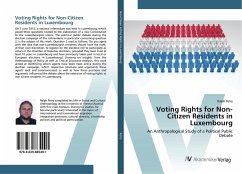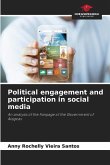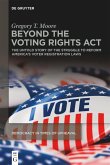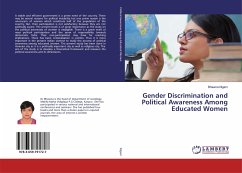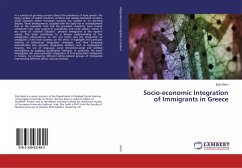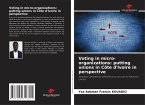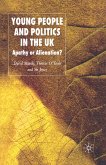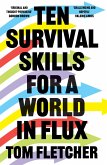On 7 June 2015, a national referendum was held in Luxembourg, which posed three questions related to the elaboration of a new Constitution to the Luxembourgish voters. The political public debate during the election campaign of this referendum, in particular concerning question 2, is the subject of this work. Question 2 read as follows: Do you agree with the idea that non-Luxembourgish residents should have the right, at their own discretion, to register on the electoral roll to participate as voters in the Chamber of Deputies elections, provided they have lived at least 10 years in Luxembourg and have previously taken part in local or European elections in Luxembourg? Drawing on insights from the Anthropology of Policy as well as Critical Discourse Analysis, this work aimed at identifying which agents have been most active during the election campaign, which respective positions and arguments these agents took and communicated, as well as how these positions and arguments influenced the debate about the extension of voting rights to non-citizen residents in Luxembourg.

